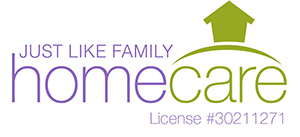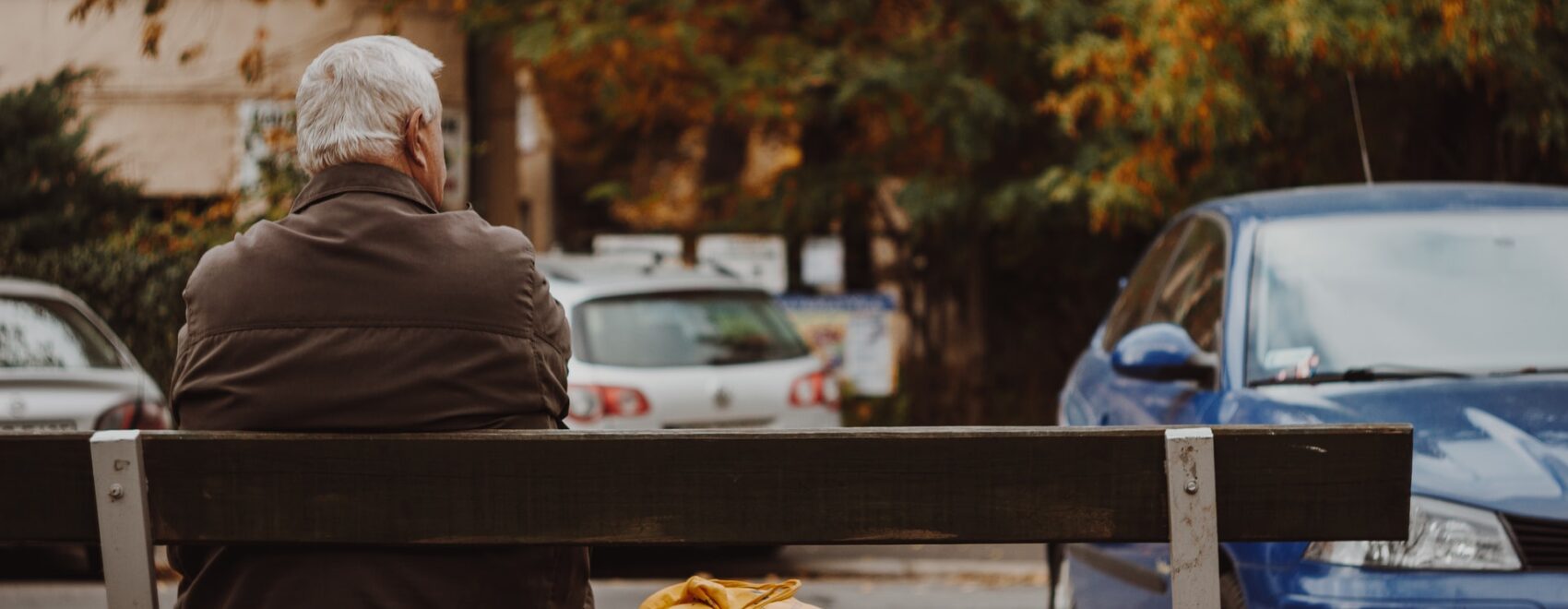According to the CDC, about 20 percent of those older than 55 experience some type of mental health issue. These include anxiety, cognitive impairment, depression, and other mood disorders.
Recognizing these signs is important when you are trying to help an older loved one.
Do you want to learn more about senior anxiety, anxiety symptoms and restorative practices, and more? Keep reading these 7 signs of senior anxiety.
1. Confusion or Forgetfulness
One of the most common symptoms for seniors and anxiety is confusion or forgetfulness. Whether they have a hard time concentrating or if they often get confused about simple tasks, this may be a symptom of their anxiety.
2. Irritability
Another common symptom of anxiety is irritability. Because anxiety often comes with high arousal and extreme worrying, it can also make seniors feel irritable and upset. This is especially true when they are in the midst of anxiety attacks.
3. Avoidance of Anxiety Triggers
One way you can identify anxiety in older adults is if they avoid people, places, or things that trigger their anxiety. For example, older adults may not want to go to the doctor if they get anxious in hospitals or when receiving treatment. They may avoid family members that make them feel anxious or those who are trying to force them into decisions.
4. Weight Loss
If you notice that your older friend or relative has been losing weight, this is often a symptom of anxiety. Anxiety can cause changes in their appetite or eating habits, which is not good for their health. If you notice sudden or extreme weight loss in older adults, it may be time to get professional help.
5. Problems Sleeping
Many adults who experience anxiety also have problems sleeping. This doesn’t only include problems falling asleep, but it can also include sleeping too much or not enough. Insomnia is a common symptom of anxiety and can lead to restless sleep and even difficulty staying or falling asleep.
6. Obsessive Thoughts and Compulsive Behavior
Obsessive thoughts and other compulsive behavior may be a symptom of anxiety as well. While not all older adults who experience anxiety also have OCD, it is common for them to repeatedly ask the same questions, touch things, and even perform rituals.
7. Withdrawal and Isolation
Finally, the last common symptom of anxiety in seniors is withdrawal and isolation. This happens often with social withdrawal.
If older adults are nervous, they may isolate themselves at events or avoid talking to others. Their anxiety makes them withdraw from others, even their loved ones.
Triggers for Anxiety in Seniors
There are many common triggers for seniors that may cause or worsen their symptoms of anxiety.
One of the most common triggers is the loss of their independence. When seniors are used to living alone and meeting all of their own needs, it can be difficult for them to accept outside help from others. When they lose independence, it is a common trigger of anxiety.
Other causes of anxiety include death, grief, and loss. These are common in older adults as they near the end of their life. When they have to start doing end-of-life planning, it can make them anxious for the future and the unknown.
It is also difficult for them to see close friends and loved ones pass as well.
Many older people also have changes in their sensory abilities. Diminishing vision, taste, and even smell may cause anxiety. When they can no longer do the things they used to be able to do, it can put a lot of stress on older citizens.
The same is true for those seniors who experience chronic pain, immobility, and other health problems. Seeing your own health deteriorate is something that can make you feel stressed and unable to cope.
Finally, another common trigger of anxiety is isolation. This is something that was a huge problem throughout the COVID-19 pandemic. Because seniors were trapped at home with no one able to visit, it increased struggles with mental health.
This was true for everyone coping with the pandemic, but it was very common with older adults.
Treatments for Anxiety
There are many ways you can help ease the symptoms of anxiety in older adults. One of the best ways is to prevent anxiety. This is much easier to do if you know what triggers anxious feelings in your loved one.
By preventing these triggers, you can curb the anxious feelings that accompany them.
If you have an older loved one who is currently struggling with anxiety, there are other ways you can help. First, you want to be calm and reassuring as you help them. You can acknowledge their worries and suggest solutions that might help them overcome the issues.
For example, if your loved one is worried about finances, you can meet with a professional that can help them plan out their expenses for their remaining years.
Another thing you can do is help them adopt techniques to manage their stress. There are many things that can help lessen the symptoms of anxiety in seniors. This includes mediation, deep breathing, and prayer for those who are more religious.
Finally, you can help find them professional care. Whether this is a live-in nurse or companion care, older adults can benefit from home care.
While these treatments may not completely get rid of their anxiety and other symptoms, they can help them learn to manage it without too much stress.
Find Professional Care and Assistance With Senior Anxiety Today!
If you have noticed these signs of senior anxiety in an older friend or loved one, you can find help! By recognizing the signs and finding ways to treat them, you can help your loved ones improve their mental health.
If you are looking for professional care and assistance, Just Like Family Homecare can help! We are a referral service that can help you find the best caregivers for your loved ones. Contact our team today to learn more about our services or to set up a meeting with our staff.





